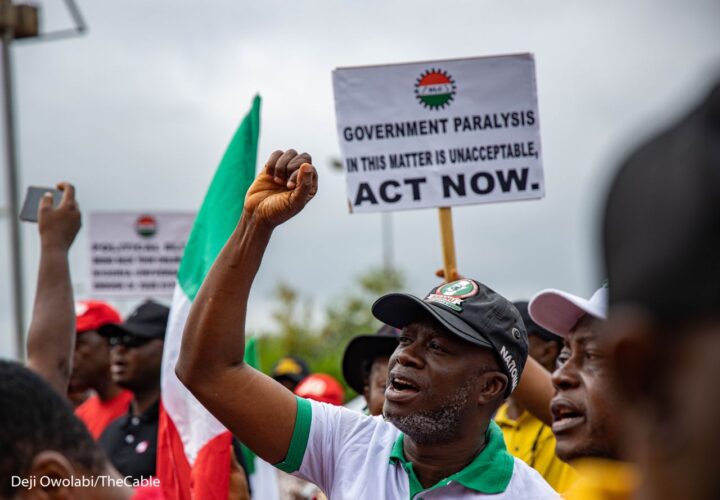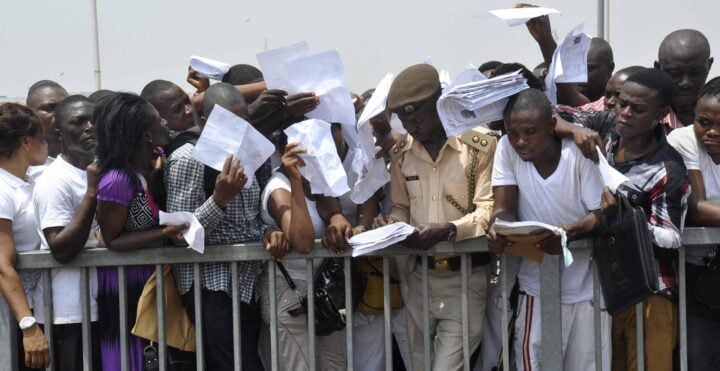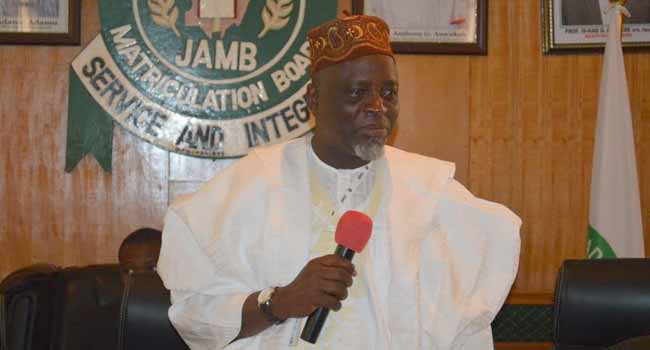BY HASSAN GIMBA
The Academic Staff Union of Universities (ASUU) was founded in 1978. Its predecessor, the Nigerian Association of University Teachers (NAUT), was formed in 1965 covering academic staff at the University of Ibadan, University of Nigeria, Nsukka, Ahmadu Bello University, Zaria, University of Ife and University of Lagos.
According to its founders, ASUU is a trade union whose objectives include regulation of relations between academic staff and employers, encouraging the participation of its members in the affairs of the university system and the nation, and protecting and advancing the socio-economic and cultural interests of the nation.
It is supposed to be a union of intellectuals seeking not only the socio-political and economic welfare interest of its members within the framework of promoting the cause of university education in Nigeria but the entire good of Nigerians and Nigeria.
Advertisement
The union came into prominence when it staged its first-ever strike and was proscribed by the military government of President Ibrahim Badamasi Babangida on August 7, 1988, and all its properties were seized. This was because of the national strike it organised that year to get fair wages and university autonomy. Though the union was allowed to resume activities in 1990, the government again banned it on August 23, 1992, after another strike. An agreement was, however, reached on September 3, 1992, that met several of the union’s demands, including the right of workers to collective bargaining.
ASUU organised further strikes in 1994 and 1996 to protest against the dismissal of university teachers by the Sani Abacha military regime (Wikipedia, 2016).
If its first industrial action was in 1988, its longest was in 2020 when it downed tools for nine months. The lecturers, based on their union’s aims and objectives to secure adequate funding, improved salary package, autonomy and academic freedom to curb brain drain and ensure the survival of the university system, hinged their action on the lack of funding of universities and functionality of the Integrated Payment Portal System (IPPIS), arguing that IPPIS negates autonomy for universities.
Advertisement
On December 17, 2013, ASUU declared a strike that lasted six months over the non-implementation of a 2009 agreement between it and the federal government, which was eventually called off after the latter agreed to some of its demands.
Yet a year later, the union still embarked on a one-week warning strike over the failure of the government to implement the 2009 agreement and a 2013 MoU. According to the union: “Many aspects of the 2013 MoU and the 2009 agreement with the federal government have either been unimplemented or despairingly handled”. The agreements are payments of staff entitlements since December 2015, funding of universities for revitalisation, pension, TSA and university autonomy and renegotiation of the 2009 agreement.
But what are the October 2009 agreements reached between the federal government and ASUU after two years of negotiation between the lecturers and a government team appointed by the then education minister, Obiageli Ezekwesili? The government team was led by the then pro-chancellor of the University of Ibadan, Gamaliel Onosode, while ASUU’s team was led by its then-president, Abdullahi Sule-Kano. The agreements reached included conditions of service for university lecturers, funding of universities, university autonomy and academic freedom, and other issues that required legislation to implement.
ASUU has frequently complained that “agreeing with the federal government has often been a frustrating journey for our union. Protests and strikes often mark it and require a conscious and focused engagement. The 2001 agreement, which gave birth to the 2009 agreement, was not an exemption. The exception here is the personality leading the government negotiation team”.
Advertisement
And so, after strikes in 2017 and 2018, and a period of calm in 2019, ASUU on Monday, November 17, 2021, announced its plan to embark on another strike in three weeks if the federal government continued to renege on its agreement with it. The union had accused the federal government of failing to implement the agreement after it called off its nine-month strike in December 2020.
Even though according to an article in Dataphyte magazine, ASUU has spent one in every four days on strike in the past six years, it went for another one again on February 14, 2022, and since then, our students are still at home.
Naturally, students have been at the receiving end and the worst hit is our educational system, of course. However, apart from the disastrous implications on our education system, ASUU strikes negatively affect our economy and may cause a lot of minor and serious crimes to be perpetrated by the fainthearted and those desperate for survival. I will take Ahmadu Bello University, Zaria, and its economic importance as a case in point.
ABU Zaria has about 100,000 students. Assuming each student on average spends N1,000 daily, that is N100,000,000 injected into the economy of Zaria and its environs. Markets will bubble, the transportation system will be fully engaged, social services will be on full throttle, production will increase, and employment opportunities will grow.
Advertisement
Without this capital injection into the economy of the environment, a lot of businesses and jobs, indirect and direct, that depended on primary services patronised by the students will collapse and many people will be at their wits’ end to make ends meet. Someone can easily tempt the fainthearted into crime and other vices to survive.
Where there is nothing to do to get by, and with a lack of education and vocational skills, it will not be far-fetched to see some youths joining the crime enterprise just to get paid. Even many educated ones with no means of livelihood can easily fall into that temptation.
Advertisement
This is not even considering the students; able-bodied youth, strong with vibrant brains and impressionable character; any long idleness can easily turn their minds into the proverbial devil’s workshop.
Now, look at the economics and security implications from the broader picture of Nigeria having about 2.1 million university students out of which less than 10% are in private universities.
Advertisement
There are also serious implications of the government’s policy of “no work, no pay” for the community. Perhaps, statisticians, criminologists and psychologists may look at the numbers – in terms of the rise and fall – of crime during ASUU strikes and when schools are in full swing. This is because even during holidays, you find students in school unlike when there is a strike.
Most likely, the government’s minders do not look at strikes, especially those to do with tertiary institutions, from this perspective. But the government needs to look at the security implications of whatever it does.
Advertisement
This was first written on April 18, 2022
Gimba is the publisher and editor-in-chief of Neptune Prime
Views expressed by contributors are strictly personal and not of TheCable.
Add a comment






